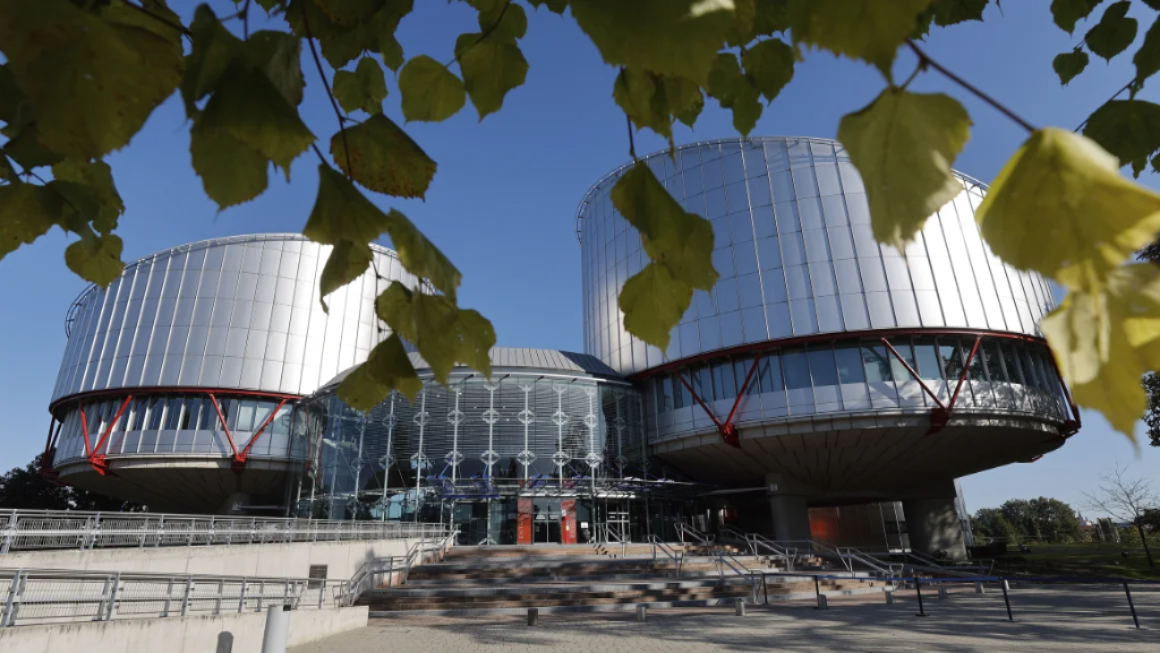An international court in France on Tuesday ruled Switzerland’s failure to adequately tackle the climate crisis was in violation of human rights, in a landmark climate judgment that experts say could have a ripple effect across the globe.
The European Court of Human Rights (ECHR) in Strasbourg, France delivered rulings on a trio of separate climate lawsuits, one brought by more than 2,000 older Swiss women against Switzerland, who argued that climate change-fueled heatwaves undermined their health and quality of life and put them at risk of dying.
The court ruled that the Swiss government had breached some of the women’s human rights by failing to meet previous targets to cut planet-heating pollution.
The other claims were brought by a mayor against the French government and a third by six young people in Portugal against 32 European countries. Those two claims were ruled inadmissible.
All three argued that governments’ failure to adequately cut planet-heating pollution caused them harm, including violating their rights to life, their wellbeing and mental health.
These lawsuits mark the first time the court has ruled on climate litigation. There is no right of appeal and the judgments are legally binding.
While the ruling will only apply to Switzerland, experts say the case could bolster other human rights-based climate cases pending before international courts and could open the flood gates for numerous similar lawsuits to be launched in the future.
A judgment against any of the countries effectively operates “like a binding treaty imposed by the court,” said Gerry Liston, a lawyer at Global Legal Action Network, which supported the Portugal case.









